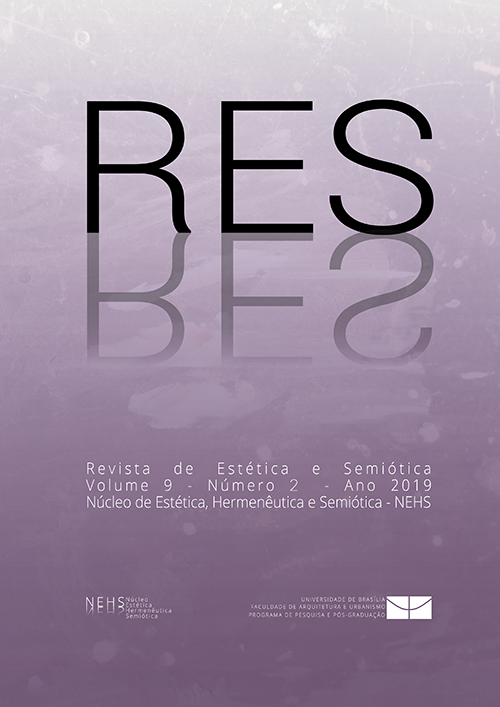CULTURA KITSCH E MODERNIDADE: a ascensão do não-autêntico
DOI:
https://doi.org/10.18830/issn2238-362X.v9.n2.2019.06Keywords:
Kitsch; modernity; imitation; authentic; falseAbstract
The term kitsch, born and gaining meaning in the midst of the bourgeois society in the mid-nineteenth century, brings to light fundamental contradictions for the understanding of modernity: the authentic and the copy, the aura and the technical reproducibility of the work of art. Kitsch captures the collective alienation of rising Western society, aspiring to happiness for consumption. By imitating the wealthy classes, kitsch culture is reactionary to scholarly culture, and both coexist: one ascends, the other imitates him. The apparent disqualification of the high, however, does not seem to reach the great work. On the contrary, the copying and imitation of what is known as beautiful or erudite affirms the system itself, for it broadens and defines more clearly the true of the false. This essay assumes that kitsch aesthetics is fundamental for the construction of good taste, because it’s the kitsch behavior that brings the masses of aesthetic experience closer to their time, sustaining the consumption cycle.
References
MOLES, Abraham Antoine. O Kitsch: a arte da felicidade. Trad. Sergio Miceli. São Paulo: Perspectiva, 2012.
KOTHE, Flávio R. Para ler Benjamin. Rio de Janeiro: Livraria Francisco Alves, 1976, p. 40-41.
VENTURI, Robert. Complexidade e contradição na arquitetura. Trad. Pedro Maia Soares. São Paulo: Cosac & Naify, 2004.




